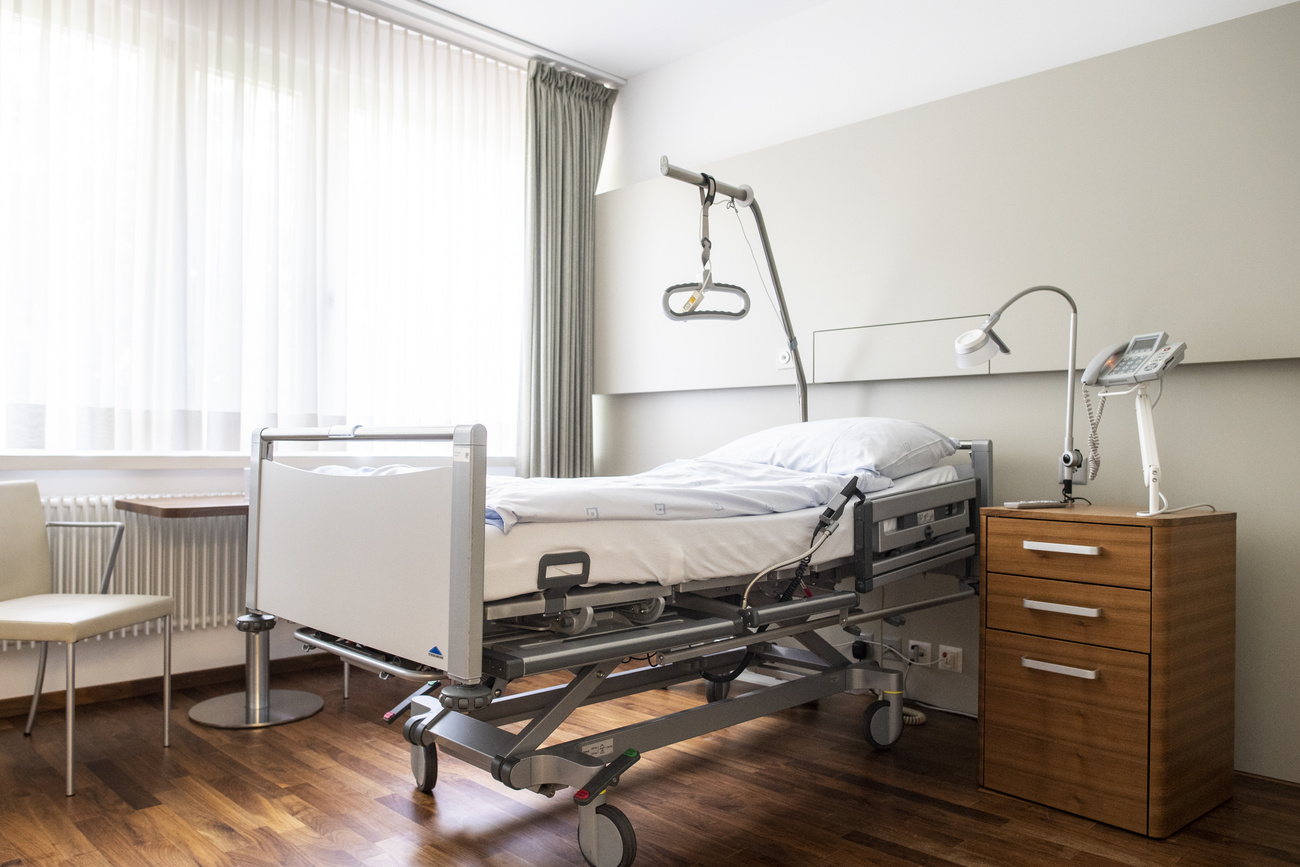
Geneva introduces partial lockdown

Faced with the worsening Covid-19 situation, canton Geneva will enter a state of semi-confinement from 7pm on Monday. Bars, restaurants and non-essential shops will be closed; schools will remain open.
Cinemas, museums, concert halls, gyms, swimming pools and ice rinks are also affected by these closures, the cantonal government said in a statementExternal link on Sunday. Nightclubs had already been forced to close. Take-aways and home delivery remain allowed. These measures will remain in effect until November 29.
Hairdressers, beauty salons and tattooists are also affected. Day nurseries and schools will remain open.
The cantonal government reminded people that gatherings of more than five people in public spaces, particularly in public squares, busy walkways, parks and near bodies water were banned.
Also banned were public and private events involving more than five people, both inside and outside, including within the family circle. Exceptions include households of more than five people, weddings of up to five persons and funerals of up to 50 people.

More
Coronavirus: the situation in Switzerland
Outbreak
In its statement it said canton Geneva was facing an outbreak of cases and hospitalisations due to Covid-19.
“On November 1, 474 people are being treated by the University Hospitals of Geneva (HUG), including 56 in intensive care beds (intensive and intermediate care). As a reminder, in mid-October, the HUG had 78 hospitalisations, including 13 in intensive care beds,” it said.
“The figures show that the situation is severely worsening. Over the past few days, more than 1,000 people have tested positive for coronavirus on a daily basis (peaking at 1,338 positive cases on October 30).”

More
Deciding who gets the last Swiss hospital bed

In compliance with the JTI standards
More: SWI swissinfo.ch certified by the Journalism Trust Initiative



























You can find an overview of ongoing debates with our journalists here . Please join us!
If you want to start a conversation about a topic raised in this article or want to report factual errors, email us at english@swissinfo.ch.